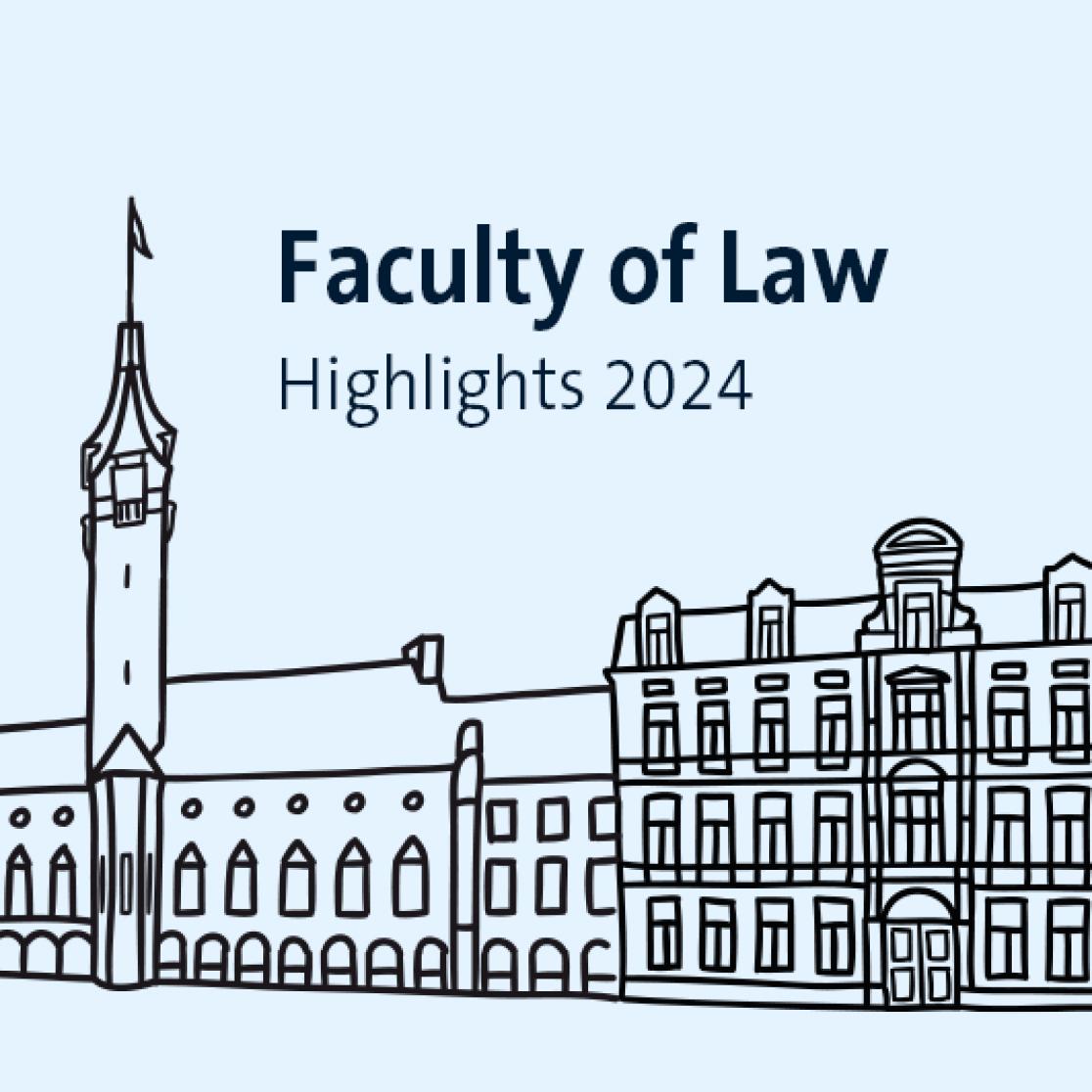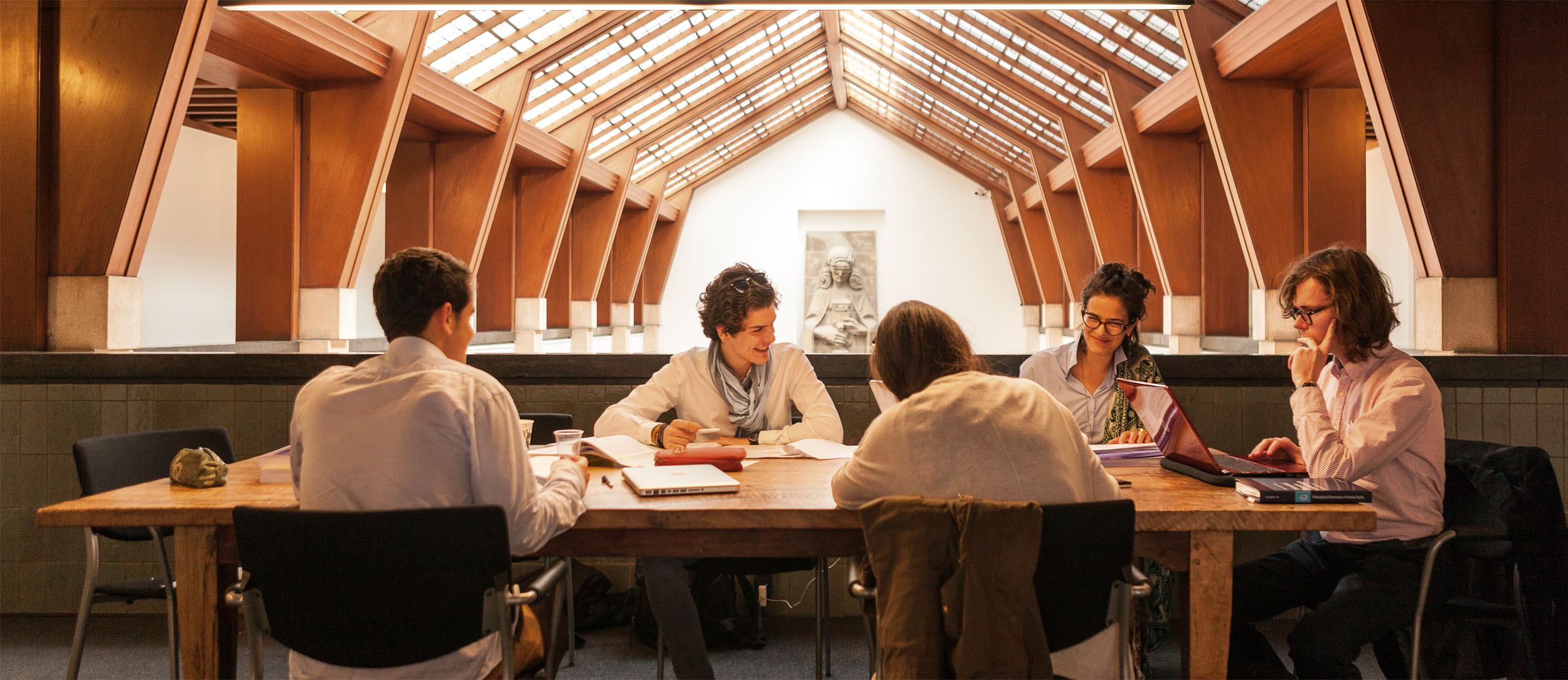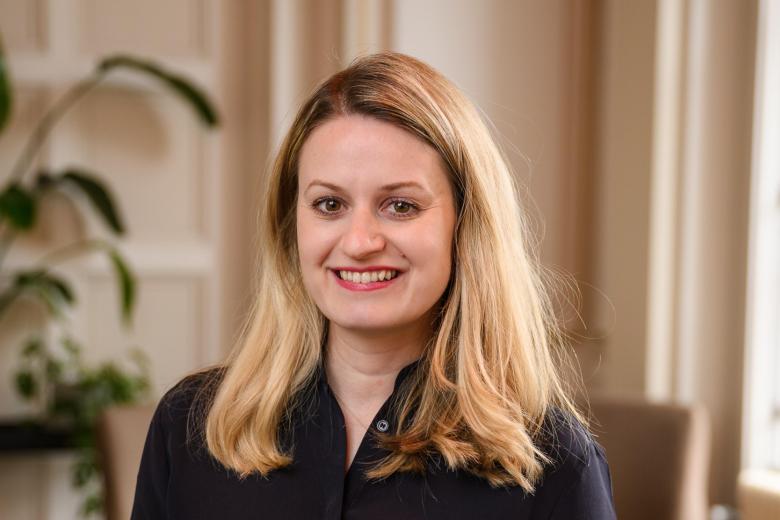Faculty of Law
The Faculty of Law at Maastricht University is a top-quality provider of challenging and rewarding Dutch and European legal education at bachelor’s, master’s and PhD-level. A true pioneer in small-scale teaching and teaching of skills aimed at a broad range of future legal professionals.
The clear focus in research on European and international aspects of the law, Law and tech, and the empirical setting in which the law operates, provides an exceptionally stimulating environment for both students and staff. The Faculty greatly values its open, diverse and inclusive community that makes it a pleasant and rewarding place to work and study.
The UM Faculty of Law offers a wide range of bachelor's and master's programmes. Would you like to know more about our programmes? Download the brochure for more information on the courses, career perspectives and admission requirements of our programmes.
News
Faculty in Focus
Our faculty is always buzzing with ideas, discussions, and events! Across the past period, our students, researchers, and staff have been involved in an impressive range of activities, from helping solve cold cases to organising events on children’s rights, and from exploring legal questions in popular culture to rethinking how we teach law.
This series brings together some of the most remarkable and inspiring stories. Whether in the classroom or outside the faculty's walls — one thing is clear: our community continues to explore, innovate, and make an impact.

Education
We aim at educating excellent jurists who are well prepared to take up the various roles they will fulfil in their future professional career. Maastricht is a special place to study law. The international classroom, focus on small-scale teaching, staff-student contact and skills are widely praised.

Research
Our research profile specialises in the role of law in a Europeanising and globalising society. It is implemented in one common faculty research programme and offers space for talented researchers. There is always a close link between teaching and research.

About Law
The faculty is based in a remarkable building in the centre of Maastricht. It has 3,500 students and 360 staff members.
Take the inside tour

Agenda / events
Blogs
Interactive Campus Tour
Watch the interactive video and take a tour of our faculty. Our student Niklas will tell you all about the faculty's facilities, study areas, historical buildings and teaching spaces and more. Choose your own path and find out whether studying at Maastricht University is right for you.









